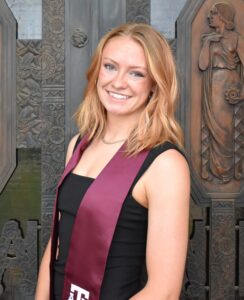
VSCL Graduate Assistant Researcher, Jillian Bennett, is a recipient of the Graduate Excellence Fellowship Award for Spring 2024. This is a competitive, merit-based fellowship awarded to students by the Aerospace Engineering Graduate Committee. The fellowship includes a $1,000 supplemental award for Spring 2024.
Jillian is a Master of Science student, with a focus in Dynamics & Control. She is currently on the KAMS project, working on adaptive control for multiple time scale systems. She has been in the VSCL since Spring 2023, previously working on flight testing for the System Identification project. Jillian has an interest in flight testing, nonlinear control, and vehicle dynamics.

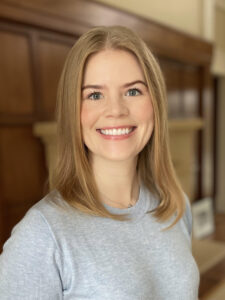 Erin Swansen joins VSCL as a Ph.D. transfer student in the Aerospace Engineering department. Erin has over five years of experience in industry at
Erin Swansen joins VSCL as a Ph.D. transfer student in the Aerospace Engineering department. Erin has over five years of experience in industry at 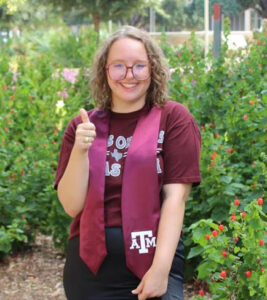 Payton Clem is a Master of Science Student in the Aerospace Engineering department. She is graduating from Texas A&M with her Bachelor of Science in Aerospace Engineering with Minors in Mathematics and Astrophysics in Fall 2023. During her undergrad, she was involved in campus activities like working at the Memorial Student Center to provide support to her fellow Aggies, and was a member of
Payton Clem is a Master of Science Student in the Aerospace Engineering department. She is graduating from Texas A&M with her Bachelor of Science in Aerospace Engineering with Minors in Mathematics and Astrophysics in Fall 2023. During her undergrad, she was involved in campus activities like working at the Memorial Student Center to provide support to her fellow Aggies, and was a member of 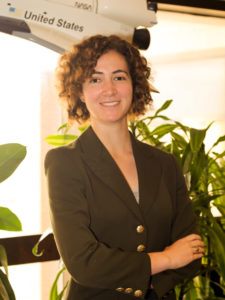
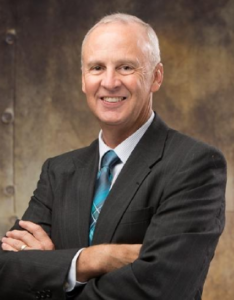
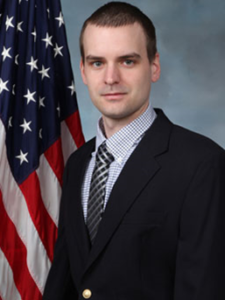 VSCL alumnus Dr. Ryan Weisman ’12 has been inducted as a 2023 Fellow of
VSCL alumnus Dr. Ryan Weisman ’12 has been inducted as a 2023 Fellow of 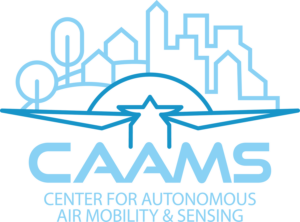
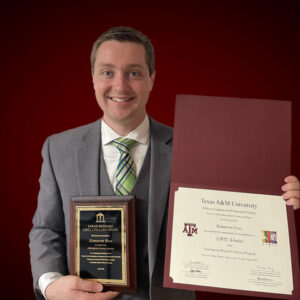 Ph.D. student Kameron Eves received two awards from the
Ph.D. student Kameron Eves received two awards from the 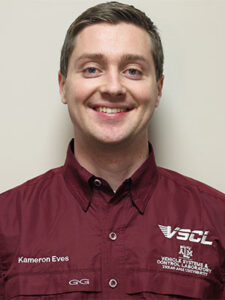
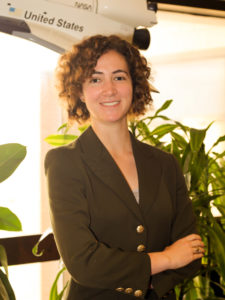
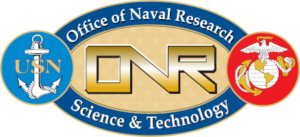 Dr. John Valasek and the Vehicle Systems & Control Laboratory has been awarded a multi-year (2023-2026) research grant by the Office of Naval Research (ONR) to investigate multiple time scale (MTS) adaptive control systems for naval applications such as unmanned air systems (UAS), high performance aircraft, and satellites. MTS systems are systems with some states that evolve quickly and some states that evolve slowly. These systems can have coupled fast and slow modes which occur simultaneously. MTS systems are particularly interesting from a controls perspective because the time scale separation in the plant can cause degraded performance or even instability under traditional control methods. Accounting for the time scales can remedy this problem. For example, a MTS control technique demonstrated significantly reduced rise times over traditional Nonlinear Dynamic Inversion (NDI). Similarly, traditional adaptive control has been demonstrated to have reduced performance on MTS systems. On the other hand, traditional control techniques that are specifically designed for MTS systems cannot account for systems with model uncertainties. Thus, a method of MTS control for uncertain systems is needed.
Dr. John Valasek and the Vehicle Systems & Control Laboratory has been awarded a multi-year (2023-2026) research grant by the Office of Naval Research (ONR) to investigate multiple time scale (MTS) adaptive control systems for naval applications such as unmanned air systems (UAS), high performance aircraft, and satellites. MTS systems are systems with some states that evolve quickly and some states that evolve slowly. These systems can have coupled fast and slow modes which occur simultaneously. MTS systems are particularly interesting from a controls perspective because the time scale separation in the plant can cause degraded performance or even instability under traditional control methods. Accounting for the time scales can remedy this problem. For example, a MTS control technique demonstrated significantly reduced rise times over traditional Nonlinear Dynamic Inversion (NDI). Similarly, traditional adaptive control has been demonstrated to have reduced performance on MTS systems. On the other hand, traditional control techniques that are specifically designed for MTS systems cannot account for systems with model uncertainties. Thus, a method of MTS control for uncertain systems is needed.